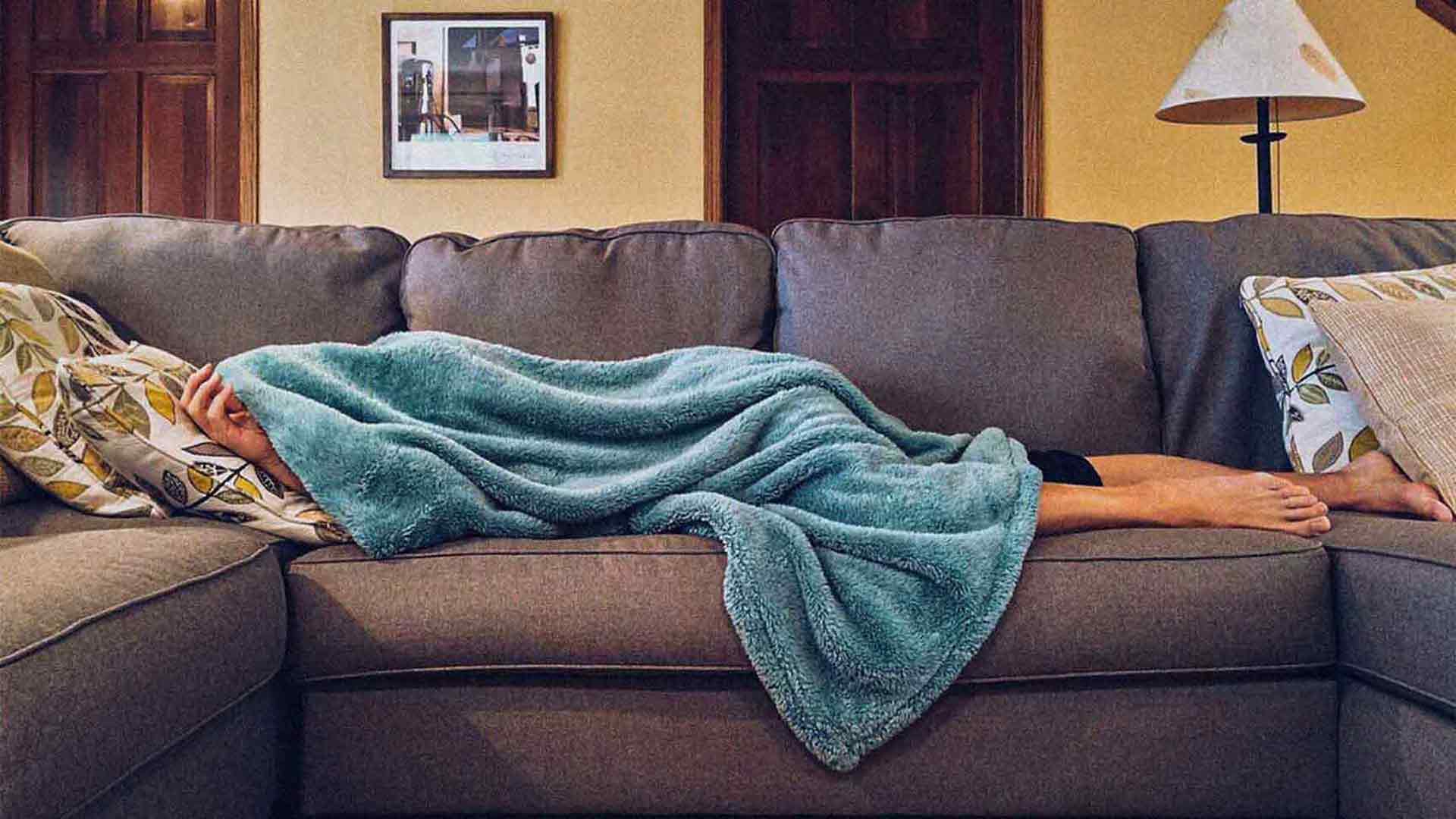Sleep is so important. It’s like a nightly tune-up for your whole body. But sometimes that precious shuteye can feel out of reach. To help you get better rest, here’s a list of simple things you can do to get your sleep cycle back on track. Some of them might surprise you!
1) Exercise
Find time during the day for regular, moderate exercise—a walk, a jog, a bike ride or some other physical activity—and to do it well ahead of bedtime. You should find you get to sleep faster, stay asleep longer and have more energy in your waking hours.
2) Get outside while the sun’s up
Get your body clock back on schedule by exposing yourself to bright light during the day—either by going outside or, if that’s not possible, investing in a bright artificial light designed for that purpose. Exposure to more daylight helps to calibrate your body’s internal clock and can make a big difference at bedtime.
3) Manage screen time
The blueish light emitted by screens tends to trigger your body’s wake cycle, meaning it gets in the way of sleep when you absorb it too close to bedtime. To get your body ready for rest, turn off your phone, your TV and your other screens at least two hours before bed.
4) Stick to a schedule
Good-quality sleep isn’t just about duration; it’s also about regularity. To improve your sleep, try to get to bed the same time every night and up at the same time every morning—including weekends. Do this for long enough, and you may find you no longer need an alarm.
5) Eat early, eat well
Aim to finish your dinner at least three hours before bed—and keep late-night snacking to a minimum. If you really need to eat near bedtime, go for something small, low-sugar and nutrient-dense like some plain yogurt, a handful of berries or a few nuts.
6) Get the right sleep supplements
Certain supplements may also help with sleep. Melatonin helps regulate your body’s natural sleep cycle may improve sleep quality. It’s especially helpful if you’re jet lagged or do shift work. If you’re not a fan of melatonin, magnesium or L-Tryptophan also help promote relaxation and improve sleep quality.
About Emily
Emily is a registered dietitian with a master’s degree in health communications. She is a self-proclaimed nutrition nerd and has a knack for translating nutrition science into everyday tips and resources.
Emily is just one of Persona’s team of qualified nutritionists. Do you have questions about nutrition? Reach out right now. Our experts would love to help.
*These statements have not been evaluated by the Food and Drug Administration. This product is not intended to diagnose, treat, cure, or prevent any disease.
This information is not intended as a substitute for the advice provided by your physician or other healthcare professional, or any information contained on or in any product label or packaging. Do not use the information from this article for diagnosing or treating a health problem or disease, or prescribing medication or other treatment. Always speak with your physician or other healthcare professional before taking any medication or nutritional, herbal, or homeopathic supplement, or using any treatment for a health problem. If you have or suspect that you have a medical problem, contact your health care provider promptly. Do not disregard professional medical advice or delay in seeking professional advice because of something you have read in this article.

